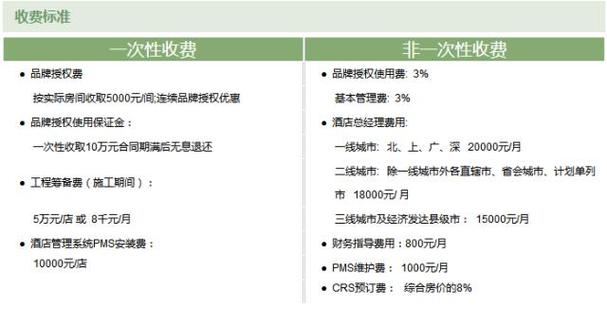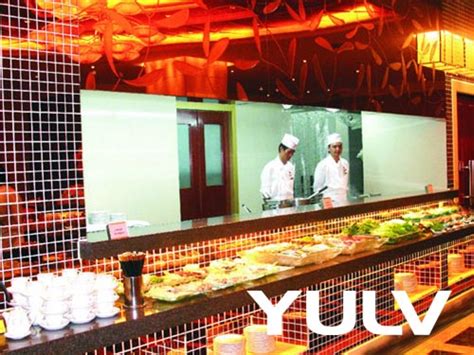酒店开业费用与设备费用比例
Title: Understanding Hotel Opening Costs
Opening a hotel involves various expenses that need careful consideration to ensure a successful launch. Let's delve into the breakdown of these costs:
1. Property Acquisition:
Purchasing or leasing the property is a significant upfront cost.
Consider location, size, amenities, and market demand when selecting the property.
Costs may vary based on the property's condition and location.
2. Renovation and Construction:
Renovations are often necessary to meet brand standards or to customize the property.
Construction costs include remodeling rooms, updating facilities, and ensuring compliance with safety regulations.
Factor in expenses for interior design, furnishings, and fixtures.
3. Licensing and Permits:
Obtain licenses and permits required for operating a hotel legally.
These may include health permits, liquor licenses, occupancy permits, and zoning permits.
Budget for application fees and compliance costs.
4. Staffing and Training:
Recruit and train personnel across various departments, including front desk, housekeeping, food and beverage, and management.
Costs include salaries, benefits, training materials, and onboarding expenses.
Investing in quality training ensures excellent service delivery from the start.
5. Technology and Equipment:
Invest in technology systems for reservations, property management, accounting, and security.
Purchase essential equipment for operations, such as kitchen appliances, housekeeping supplies, and IT infrastructure.
Budget for installation, setup, and maintenance costs.
6. Marketing and Advertising:

Allocate funds for preopening marketing campaigns to generate buzz and attract guests.
Expenses may include website development, social media advertising, print materials, and promotions.
Consider ongoing marketing expenses to maintain visibility in the market.
7. Preopening Expenses:
Cover preopening costs like hiring consultants, conducting market research, and hosting promotional events.
Include expenses for preopening staff salaries, utilities, insurance, and administrative costs.
Plan for contingencies to address unforeseen expenses during the preopening phase.
8. Working Capital:
Ensure sufficient working capital to cover operational expenses until the hotel becomes profitable.
Budget for ongoing costs like payroll, utilities, maintenance, and inventory replenishment.
Have a financial cushion to manage cash flow fluctuations in the initial months of operation.
Guidance and Recommendations:
1.
Thorough Planning:
Create a detailed business plan outlining all expenses and revenue projections. Conduct thorough market research to understand the competition and demand dynamics.2.
Cost Control:
Implement costsaving measures without compromising on quality. Negotiate favorable terms with suppliers and contractors to reduce expenses.3.
Financial Management:
Secure financing through loans, investors, or partnerships. Monitor expenses closely and adjust budgets as needed to stay within financial constraints.4.
Quality Assurance:
Prioritize quality in all aspects of the hotel, from construction to service delivery. Positive guest experiences drive repeat business and positive reviews.5.
Compliance and Regulations:
Stay updated on legal requirements and ensure full compliance to avoid penalties or delays in opening.By meticulously planning and budgeting for these expenses, hotel owners can mitigate risks and set a solid foundation for a successful opening.









